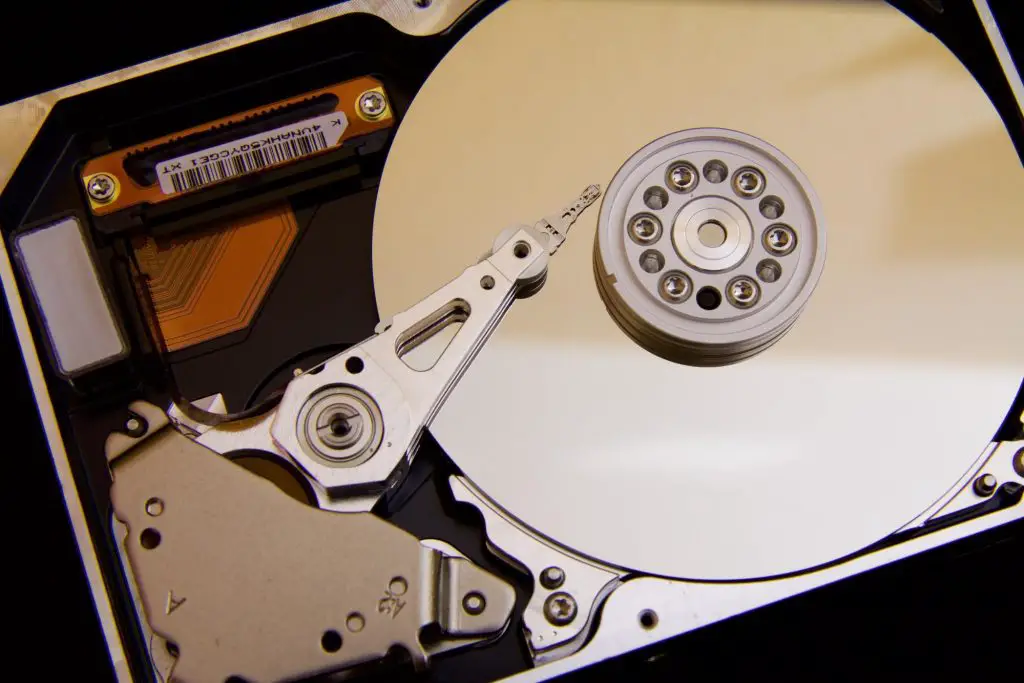Table of Contents
Some individuals have this tendency to hoard a lot of stuff on their computers even when they do not really need it. Well, it just so happens that sooner or later they run out of hard drive space. But that does not mean that the biggest problem is the hoarding itself. Space on a hard drive shrinks even if you are not putting new files inside it. That is just how computers work.
There are multiple ways to remedy the situation. When you finish reading this article, you will have plenty of new ways to solve the problem.
Analysis
You ought to start by looking at your hard drive as a whole. Think when did you notice a sudden shrink in available storage. There is a need to analyze disk space as it will help you immensely when you want to get to the bottom of the problem.
Download Folder
This particular folder is nothing but a waste of space. Everything that ends up in Downloads is for temporary reasons. So why bother keeping it there if you have no further use for these files?
Open Downloads folder and you are bound to see some things that may surprise you. That also includes old files you have long forgotten about. Most users will tell you that this is the go-to place if you are starting to see warnings and messages that you are running out of storage space.
Useless Applications
There are bound to be some applications you were excited for only to download and forget about them in a few weeks. Once again, there is no point in having something that eats up hard drive space but has no use to you personally.
Some people have a rule of deleting apps that they have not used for 1 month, 2 months, 6 months, etc. But given how you are in desperate need of extra space, you might not have the luxury at the moment. Finally, you can always download and reinstall it again.
Malware
That is correct. Even viruses and malware can be responsible for messing up with you. And the worst part about it is the fact that you may not even be aware of it. If something seems fishy, run a scan and see whether your computer is clean.
Specific Applications
There are multiple applications that serve the purpose of diagnosing what is the root of the problem. Browse online and see what you can find. CleanMyMac is a good example, but it is definitely not the only available alternative.
Duplicates and Backups
There are duplicates for some files even if you do not intentionally create them. It can be a bit of a pain to sort them out manually, so putting software to work could be a good solution. Also, it is worth noting that whenever you update the OS, a backup log of files also appears, so you may want to delete that immediately as well.
Mail Downloads
Every attachment you double-click gets saved in the mail folder. If you rely on emails for communication and work, you will definitely want to keep a closer eye on this one.
Language Files
Quite a few applications come in multiple languages. Unless you need something very specific, there is no point keeping them on your computer. Though keep in mind that this will not be possible for every app.
Emptying the Trash
With all that is said and done, even if you continue to press the delete key all the time, some of it will be for nothing if you forget to empty the trash bin. Keep in mind that some files still remain and will not be removed for good until you clear the bin.
Reinstalling the OS
Starting fresh is always an option and you could look to reinstall the OS and clear everything that has accumulated over the years. It is similar to reinstalling Windows. Though if you do decide to stick with this plan, remember to save everything you will need again.
Using Cloud Software
Speaking of saving your information, did you know that iCloud offers 5 gigabytes for free to every new Apple ID user? And you can improve the plan by paying only 1 dollar per month. Some argue that it is even safer to keep most of your stuff on cloud-based software rather than a hard drive since the latter tend to break down sooner or later. Meanwhile, everything that you put on the likes of iCloud or Dropbox is in the safest possible hands.
Conclusion
And there it is. As you can see, there are more than enough different ways to salvage your status quo and solve the problem of not having enough space on a hard drive. The more of these tips you incorporate yourself, the better off you will be. So stop dilly-dallying and get on it.






